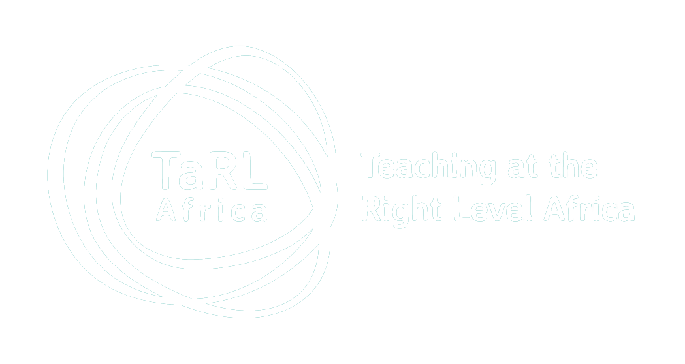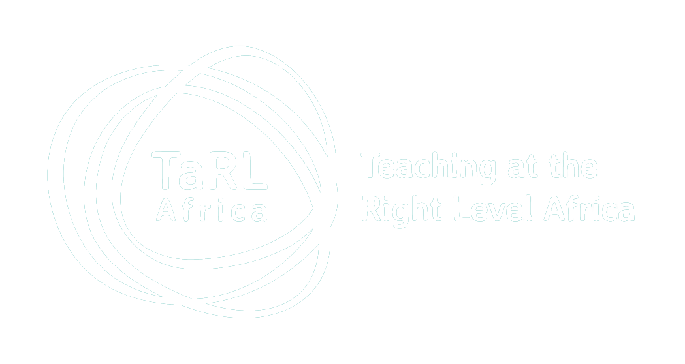
The wisdom shared by Toyota Chairman Fujio Cho, “Go see, ask why, show respect,” holds significant relevance for government officials when it comes to learning and adopting the Teaching at the Right Level (TaRL) approach. The question we get asked a lot is how we identify the readiness of a government to implement TaRL. An illustrative example can be seen in Zambia.
The Ministry of Education (MoE) officials in 2013 went to inspect schools and found a teacher in one school who was evaluating learners when they joined his class in grade eight. He would know the learning levels of all his children and then group them for their remedial classes. Recognising the effectiveness of this approach, the ministry issued a circular to all schools to implement Catch Up. Upon learning about this initiative, the Abdul Latif Jameel Poverty Action Lab (J-PAL) team visited the MoE in 2015 to share the evidence supporting TaRL as a remedial and accelerated learning approach. With the government’s receptiveness and enabling environment, the adoption of TaRL became relatively straightforward. TaRL is now in 8 out of 12 provinces in Zambia, with learners on the program achieving 60-70% readership by age 10. That is significant, considering only 1 out of 10 learners in Africa can read a story and comprehend it by age 10.
Zambia is a shining star in implementing the TaRL approach called Catch Up, where VVOB, UNICEF, and TaRL Africa are working hand in hand with the government. Zambia has opened its doors to other countries coming to see, ask why, ask how, and learn. This inspiration has given our partners and us the impetus to continue responding to the huge demand for TaRL among the more than 12 countries in different stages of implementing the approach in Africa. We focus more on countries that have the biggest need for TaRL and are especially ready for TaRL, either through a huge awareness of the phenomenon by Pritchett that “schooling ain’t learning,” meaning the expansion of schooling has not led to better educated children and that although students are in school, they are not learning. Furthermore, priority is given to countries with policies or programs that prioritize foundational literacy and numeracy as they are more likely to adopt TaRL and succeed.
________________________
Titus Syengo is TaRL Africa’s Executive Director. He drives the mission and strategy of TaRL Africa and oversees all programes, ensuring scale up of the TaRL approach to millions of primary school children in Africa

